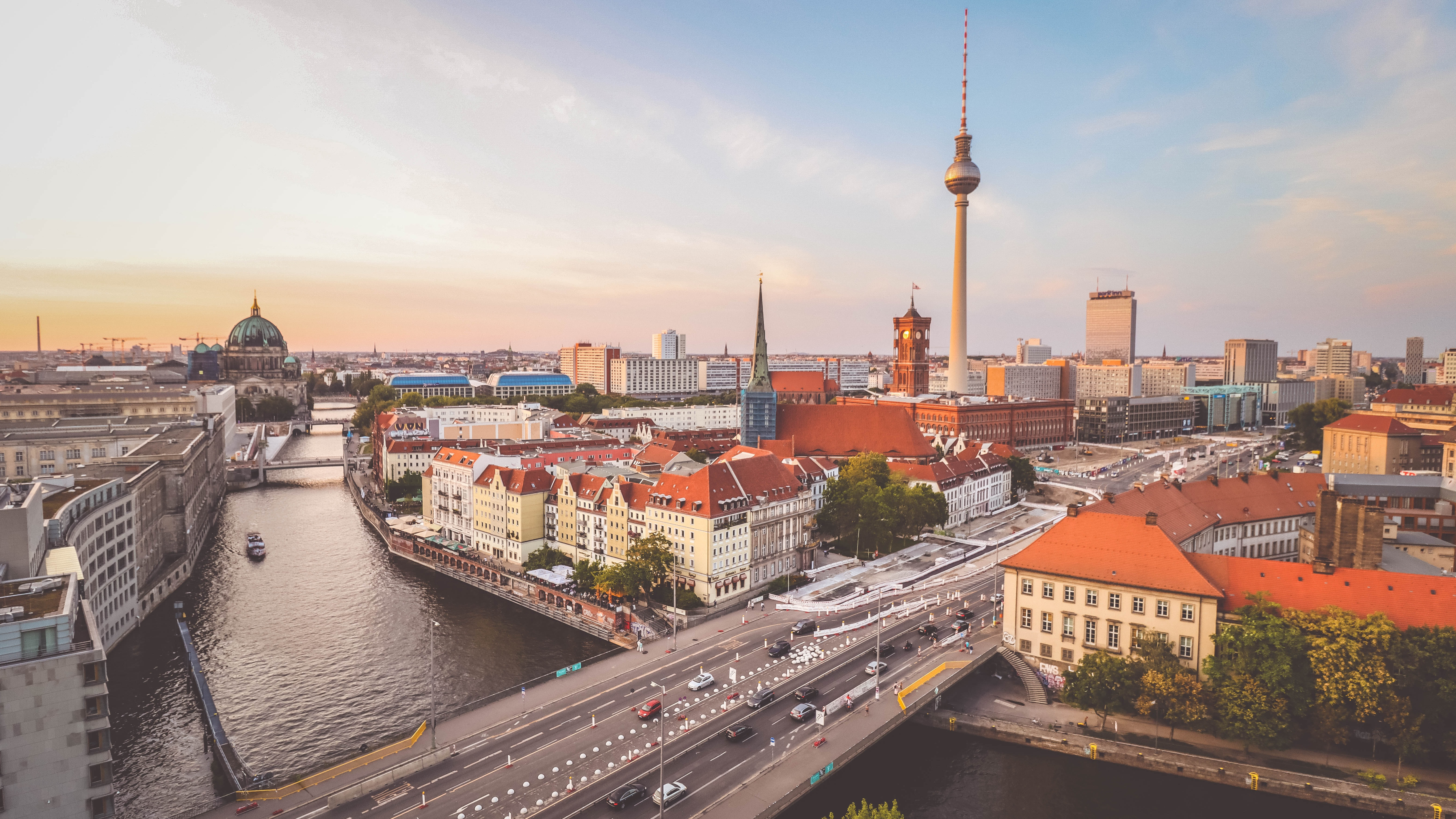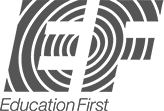Travelers on EF Study Abroad programs can receive our EF/Nobel Prize Museum Global Citizen Certificate, issued by EF Education First and the Nobel Prize Museum, upon completion of a multimedia project based on their study abroad experience. The Global Citizen Project is designed to equip students with the skills to be leaders for peace and global prosperity and can use this certificate of completion in their own resumes, LinkedIn profiles, and portfolio. Learn more about our Global Citizen Project.

Our travelers responded to this prompt: The Nobel Prize Museum celebrates the world-changing ideas of the Nobel Laureates, and their commitment to making the world a better, more truthful place. How did your travel experience help you deepen your appreciation of the global dimensions of your program, uncover a truth about the world, develop a new idea, or provide you with the knowledge, skills and attitudes that will enable you to contribute to making the world a better place?
Impressions of Germany
Project submitted by: Phurpa Ghising, University of Texas at Arlington
Study Abroad Impressions
I arrived in Munich around quarter to three on May 16th, 2022. Restrooms were not free to use and required at least 0.5 Euros. However, it was worth the investment because the toilets were kept hygienic. The train to the hotel was a pleasant ride. The station was litter free and fresh. The instructions regarding routes and incoming trains were straightforward, even for someone who had never used trains before. There were at least four clocks at each train station. The atmosphere stimulated me to be active and serious about time. The trains only stopped at the station for only sixty seconds. If someone misses a train, they will have to wait for at least ten minutes.
All the passengers traveling in public transportation were strictly required to wear a facial mask. Otherwise, they would have to pay a violation fee. Everyone followed this rule, highlighting that Germans are sensible towards the law and respect each other in public areas. Unlike Americans, they follow the military way of telling time, a twenty-four-hour format. This also shows their professionalism in everyday life.
The headquarters of companies like BMW, Siemens, Allianz, Flixbus, etc., is based in Munich. The building design of the BMW headquarters looked like four cylinders of a car, which was built from top to bottom. Also, the BMW museum was shaped like a fruit bowl. These attributes make BMW unique and create a competitive presence in the market. Munich is also a hub for many start-ups. For example, Tawny specializes in developing software that analyzes human facial expressions. One can think of infinite applications of their products. However, there can be some legal obligations that might restrict the use of such products due to privacy issues.
Due to the world wars, many people were killed, many historically significant buildings and industries were destroyed, and the communities were affected by the cold war for a long time in Germany. However, Germans came out of their darkest times and have become one of the major economies in the world. The Marshall Plan accelerated the restoration program of Germany. The concentration camps like Auschwitz I, Auschwitz II, and Dachau are open to visitors, aiming to remind people of the crimes committed during the Nazi era. There were many memorials constructed to honor the souls of war victims.
To retain the authenticity of communities, residents in Germany are encouraged to maintain a classical style of architecture. In Munich and Rothenberg, building owners must pay a fine if they choose to rebuild their buildings in a modern style. Walking on the streets of Rothenberg felt like in a fairy tale town. Houses in Rothenberg were built in the medieval style, with flowers and papercraft decorations on windows and patios. Interestingly, people in Rothenberg favor wine over beer, unlike in Munich.
Berlin, the capital city of Germany, has many parks and forests, making it one of the greenest cities in Europe. In 1961, a long wall was constructed by the East German government to prevent people from escaping to West Germany. Today, only a tiny part of the wall remains and is covered with creative art graffiti signifying liberty, peace, and unification of Berlin.
While hopping from one restaurant to another, English-written menus were hard to find. Every menu was written in German. Google lens translator was a lifesaver! In the quest to find Asian food, several Nepalese, Indian, Vietnamese, Middle Eastern, and Chinese restaurants were discovered, which explains the diversity of Germany like in the U.S.A. Many spicy foods in these restaurants were made mild for those who cannot tolerate spicy foods. Surprisingly, it was not customary to get a complimentary glass of water in Germany. Also, most businesses accept credit cards, except some restaurants.
It was inspiring to see how cautious and aware Germany was regarding saving energy. Most hotels and residential areas had motion sensors to monitor electronic accessories like bulbs. While traveling from Munich to Nuremberg and Berlin, I saw many lands full of solar panels and windmills. According to the Federal Ministry for Economic Affairs and Climate Actions, the electricity consumption from the renewable energy source in Germany has risen from 6% in 2000 to around 38% in 2018. Their goal is to derive 40-45% of electricity consumption from renewables and minimize the use of nuclear power plants.
My experience in Germany was full of lessons, fun, excitement, and inspiration, due to which this study abroad program has become another significant milestone in my academic career. It made me realize that we are blessed to have many things for free in the U.S.A. Despite the differences observed, I realized that every individual in this world has a will to raise their living standards. Due to the similarities in weather, geography, and greenery between Germany and Nepal, I imagined that developed Nepal would look much like current Germany.
Work Cited
Federal Ministry for Economics Affairs and Climate Action. “Renewable Energy.” BMWK, https://www.bmwk.de/Redaktion/EN/Dossier/renewable-energy.html.
See the other Global Certificate projects here.

